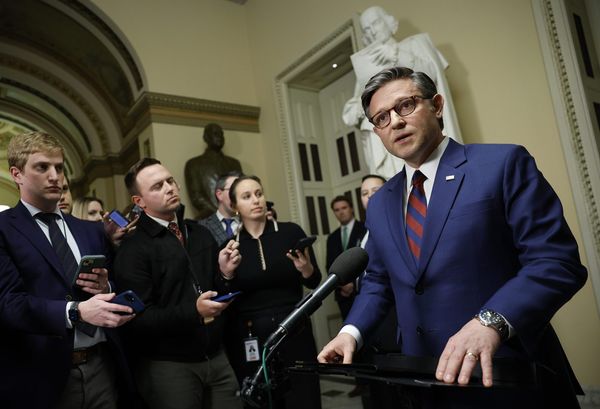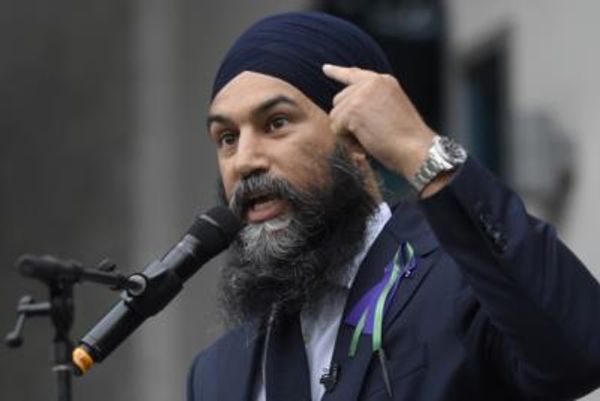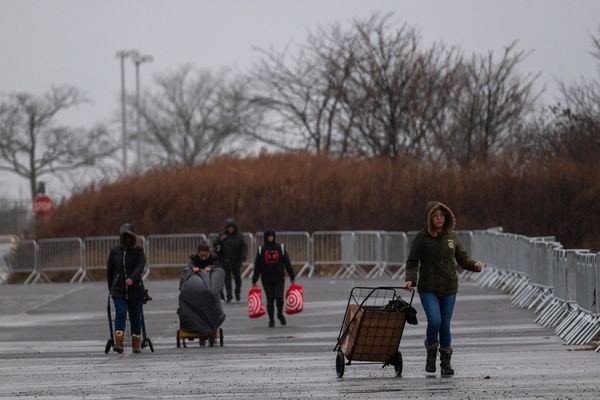
Belatedly it has dawned on the government that closing more than 1,000 of England’s railway station ticket offices, in an election year, would not be very smart politics. As a sound of screeching brakes emanated from Whitehall last week, the transport secretary, Mark Harper, announced that train operators had been asked to withdraw the cost-cutting strategy, which the government itself had originally pushed on them. The writing was already on the wall in the summer, when public outrage led to an extension of the consultation period on the proposed closures. By the time it ended, 750,000 responses had been recorded, 99% of them negative.
The public’s concerns were over future access to travel advice and information, assistance for disabled people, safety at understaffed stations, and consequences for the less digitally savvy and the digitally excluded. But the passionate backlash also underlined a widespread sense that railway stations must be more than arid transit zones, to be navigated solely through the use of a smartphone. Combined with a reformed fares and ticketing system, that insight should now inform a positive approach to reinvigorating England’s railways and attracting more people on to trains.
Developing stations as social hubs, providing a range of public services alongside tickets, has been popular and successful in countries such as Switzerland and the Netherlands. Great British Railways – the public body once billed as a future “guiding mind” for the rail sector – has been shunted to the sidings by a government more interested in creating political dividing lines around car ownership. But together with the operators, trade unions, the combined authorities and community rail partnerships, ministers could be convening a national conversation about a 21st-century model for our stations. Enterprising experiments are already being undertaken ad hoc. At Trafford Park station in Greater Manchester, for example, a wellness centre is to be opened, offering affordable therapies, nutritional advice and other services.
Similarly, while ministers are right to reflect on a drop-off in passenger numbers, particularly on commuter routes, there has been an abject lack of creative thinking on what to do about it. As a report published this autumn by the Campaign for Better Transport sets out, there is an urgent case for fairer fares and ticketing reform across the network.
For over a decade, the relative cost of taking the train rather than the car has soared, as fares have risen while fuel duty has been frozen. Over a third of the public are confused by the myriad types of ticket available, and the complex regulations that apply to them. Fragmentation of the network has led to absurd inconsistencies. Why should an anytime return from Chelmsford to London cost £32.60, when to cover the same distance from Grays to London costs £13.40? The report also makes a compelling case for expanding single-leg pricing across the network and innovations such as an air-miles-style benefits scheme. It points to the success of low-cost regional transport passes, such as those introduced in Germany, France and Portugal.
The aborted attempt to shut down ticket offices had its roots in a short-termist ministerial response to falling revenues, as working habits changed post-Covid. But as the country strives to achieve a challenging green transition, consigning railways to a future of managed decline makes no sense at all. From its handling of recent strikes to HS2 and its back-of-an-envelope plans for Network North, this government has let a vital industry down. It should work instead to establish a simpler, fairer ticketing system that offers imaginative incentives to take the train; and to develop an ambitious plan for our stations – one that reflects their important role in the lives of the travelling public.







